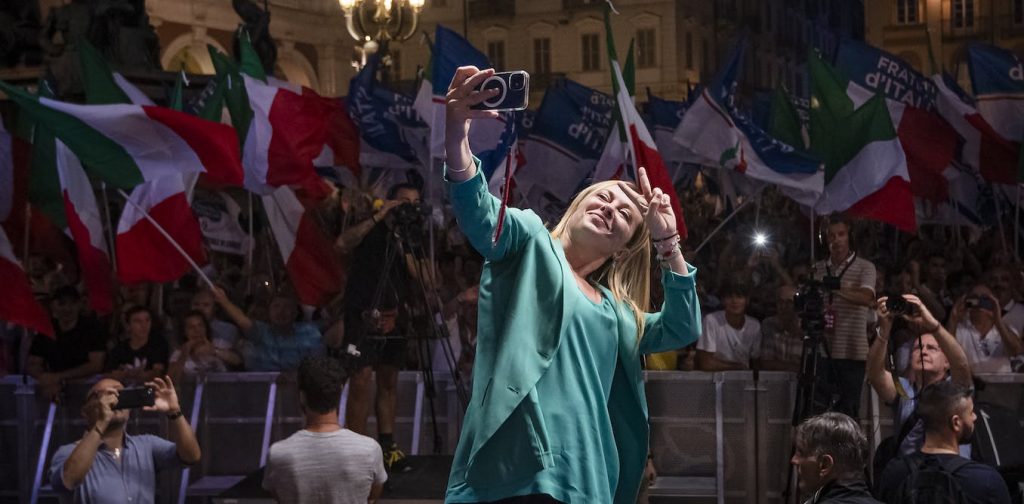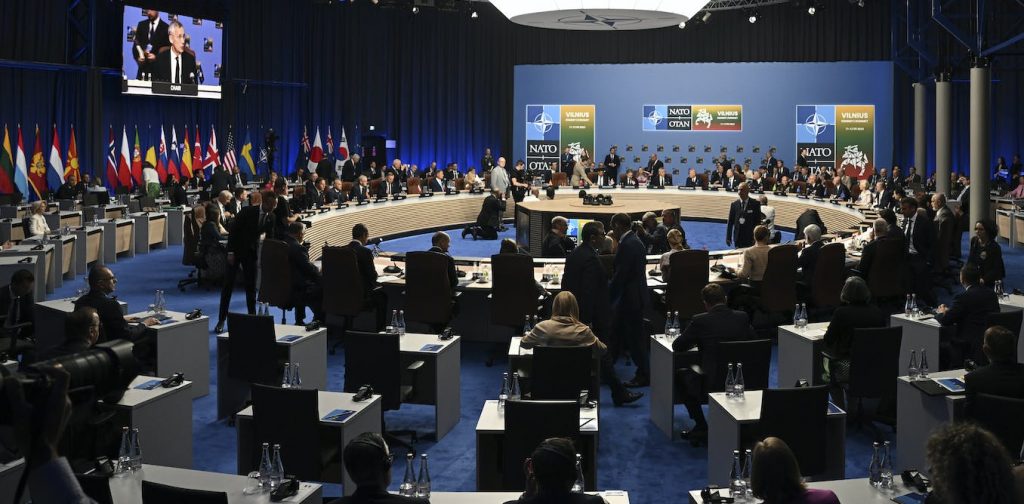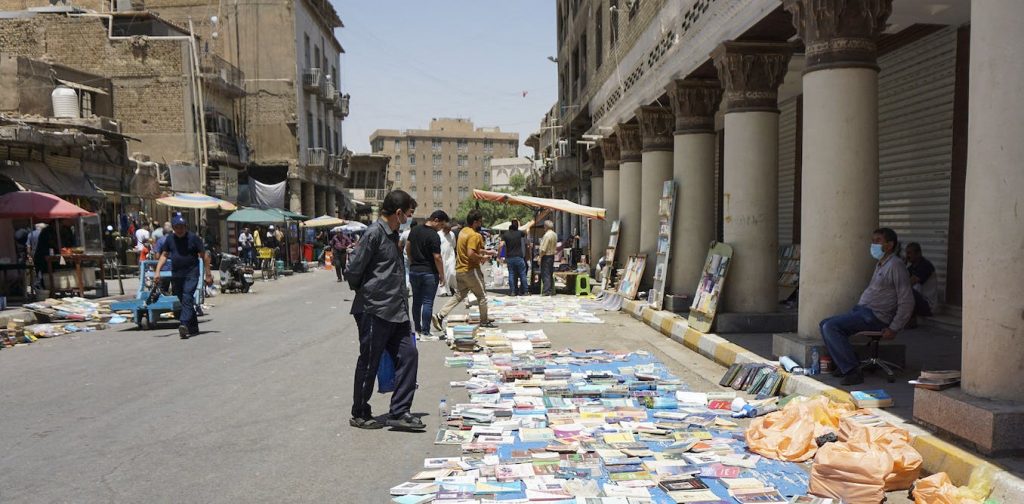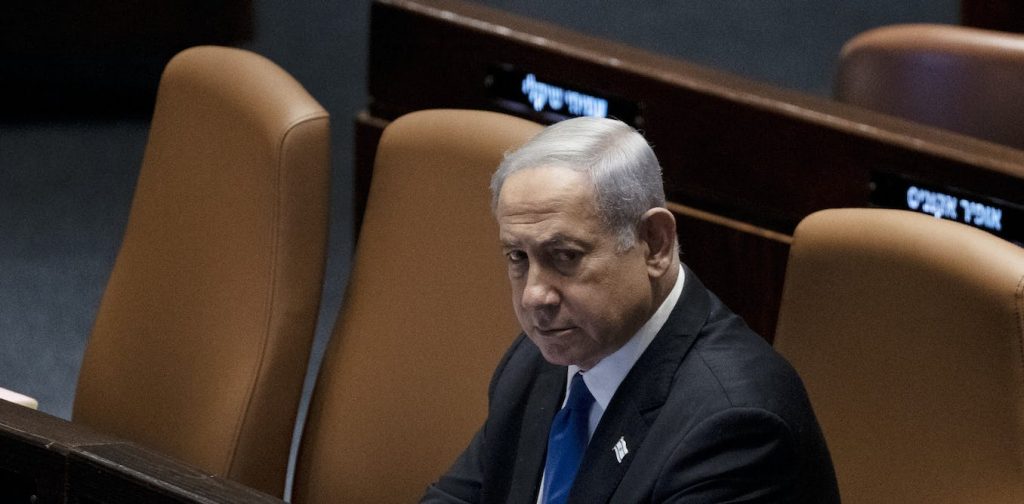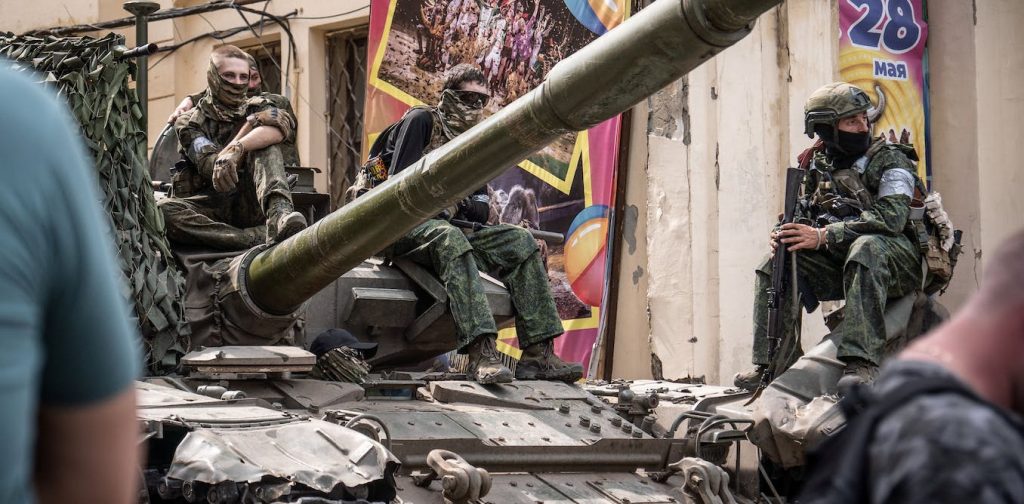Silvio Berlusconi had a complex relationship with US presidents: Friend to one, shunned by another
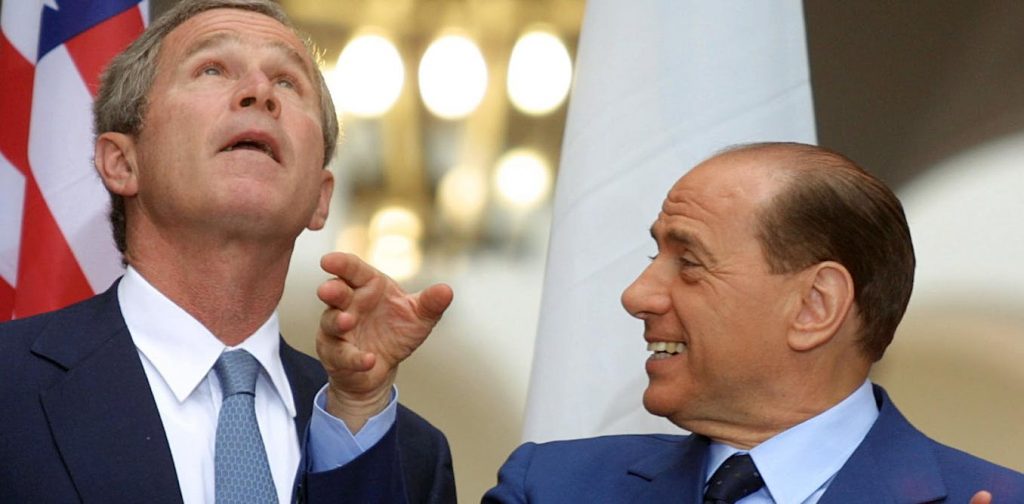
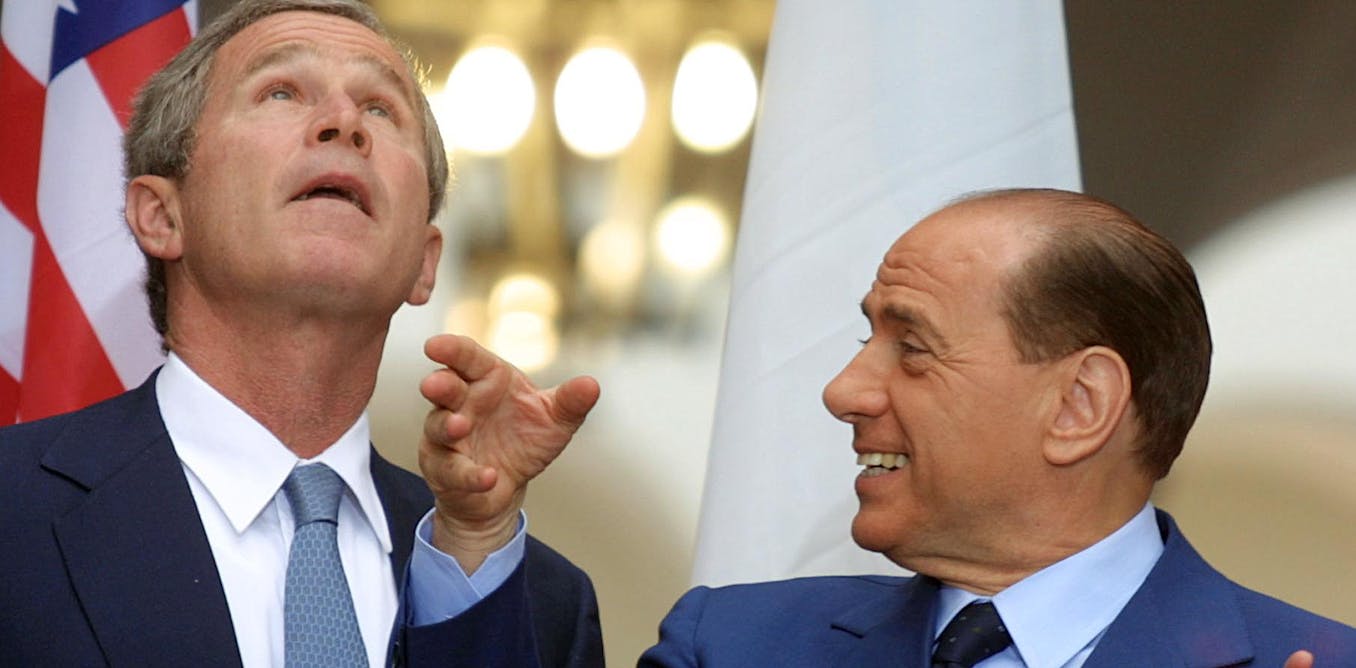
When the administration of Geroge W. Bush needed an ally to help sell its proposed invasion of Iraq to a skeptical European audience, Silvio Berlusconi stepped forward.
It wasn’t that the Italian prime minister was particularly concerned over the threat of Saddam Hussein’s imagined weapons of mass destruction to his country, or the region – he wasn’t. But it was a chance for the former businessman to burnish his credentials as an international statesman and to draw the U.S. closer into Italy’s orbit.
Indeed, strengthening U.S.-Italian relations was the key driver of Berlusconi’s foreign policy, as I learned while interviewing Berlusconi government officials for my 2011 book “America’s Allies and War.” The fact that Berlusconi couldn’t repeat the trick some years later when Barack Obama came to power was in large part entirely of his own making – he reportedly never recovered in the eyes of Obama from comments widely seen as racist. Eventually, Berlusconi would again fall in line with Washington’s interventionist foreign policy – this time in Libya – but by then the damage had been done. Fair to say, the legacy in regards to U.S.-Italian relationship left by Berlusconi – who died on June 12, 2023, at 86 – is mixed, a tale of two halves.
A friend in need
Italy never had the “special relationship” that the U.K still claims to possess in regards to Washington. Nor did it have the clout of post-war France and Germany, whose economies were more central to the well-being of the European Union. Moreover, Italy’s political instability – it is currently on its 69th goverment since 1945 at a rate of one every 13 months or so – makes it more difficult to establish lasting bilateral political relationships.
Nonetheless, by the time Berlusconi came to power for a second time in 2001 – following a one-year stint as prime minister between 1994 and 1995 – Italy had gone some way to ingratiating itself with successive U.S. administrations. In 1990, Italy supported President George H.W. Bush’s military operation in the Persian Gulf, joining a coalition of 39 countries opposing Hussein’s invasion of Kuwait and sending fighter jets to support the subsequent aerial bombing campaign.
Then in 1999, Italian jets participated in airstrikes and Italian bases served as the main launching site for U.S. and NATO jets during the alliance’s military operations in Kosovo.
But the war in Iraq was different. By fall of 2002, George W. Bush had made it clear that he intended to invade. But by then, the U.S. had lost some of the near-unanimous international support that it was afforded after the 9/11 terrorist attacks.
Europe was divided. The public was very much against invasion. But governments had to weigh political consequences at home, with the benefits of supporting the world’s largest economy.
Outside of the U.K, Berlusconi was Bush’s biggest European ally. Shrugging off massive street protests in Italian cities, the opposition of many within the Italian parliament and public opinion that put support for the invasion as low as 22%, Berlusconi went to bat for Bush’s war.
Unlike the U.K. – and to a lesser extent Australia and Poland – Italy did not directly participate in the invasion itself. But by April of 2003, Italy agreed to send a contingent of 3,000 troops to help stabilize Iraq. Explaining his rationale to the New York Times in 2003, Berlusconi said it was “absolutely unthinkable” to decline Bush’s request for an Italian military presence given how the U.S. had come to Europe’s aid after World War II.
Even sending that peace mission was controversial in Italy, especially after 17 Italian soldiers were killed in a November 2003 attack. in Iraq. Indeed, with elections around the corner, in 2005 Berlosconi announced Italian troops would withdraw from the war-torn country.
Surplus to US requirements
Sticking his neck out for Bush’s war won Berlusconi friends in Washington. During the Bush’s administration, the Italian prime minister visited the U.S. on 11 occasions and was invited to address both houses of Congress – a rarity for overseas leaders.
The deployment of Italian troops both in Iraq and also Afghanistan – where some 4,000 Italians were sent and 48 died – helped stabilize the U.S.-Italian ties.
It wasn’t a one-way relationship. In return for military support, Berlusconi benefited from his elevated role in trans-Atlantic relations, being able to sell himself as a major international player at home. And remaining friendly with the world’s biggest economy is also prudent for a country prone to economic instability.
So while he was ejected from office in Italy in 2006, he departed with a legacy of building up Italy’s standing with leaders in the U.S.
And then came the Obama years. Berlusconi returned to power in 2008, the same year that Obama was elected to his first term in office. But even before Obama could be sworn in, the Italian prime minister had soured the relationship, referring to the U.S. president elect as “young, handsome and tanned.”
It may have been meant as a compliment, but it certainly came across as at best off-key, at worst racist.
Such eyebrow-raising remarks were, of course, not uncommon for Berlusconi, who gained a reputation for saying at times outrageous things. But the incident didn’t bode well for bilateral relations.
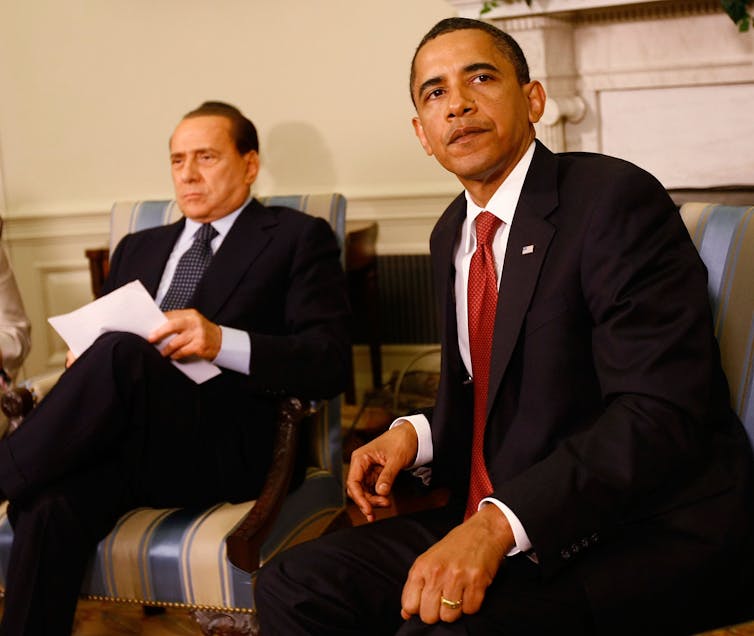 President Barack Obama and Prime Minister Silvio Berlusconi. Win McNamee/Getty Images
President Barack Obama and Prime Minister Silvio Berlusconi. Win McNamee/Getty Images
Conversations I have had with officials in Obama’s White House and State Department and others in Washington suggest that it wasn’t primarily about Berlusconi’s comments; there was a feeling that by the late 2000s he wasn’t reliable and had little to offer.
There was, however, one last U.S.-led foreign intervention that the aging Italian prime minister could play a role in. In 2011 a coalition of NATO countries were entrusted to implement a U.N.-sanctioned no-fly zone over Libya, amid claims of civilian attacks by Moammar Gaddafi’s regime. Berlusconi – mindful of Italy receiving a quarter of its oil from Libya and reliant on the country to implement a deal aimed at preventing African immigrants arriving on Italian shores – resisted.
But after Obama threw his wholesale support behind NATO’s intervention, Berlusconi acquiesced and joined Italy’s allies in the military coalition. To Berlusconi, not being aligned with the U.S. was one thing; opposing Washington’s wishes entirely was a step too far.
A precursor of the populist premier
Much comment has been made over the similarities between Berlusconi and another U.S. president: Donald J. Trump. No doubt, the pair share commonalities – businessmen whose forays into politics were marked by right-wing populism and many, many scandals.
But Berlusconi’s legacy as an Italian leader on trans-Atlantic relations is best seen through the lens of Trump’s two predecessors. And it is a very mixed legacy.
